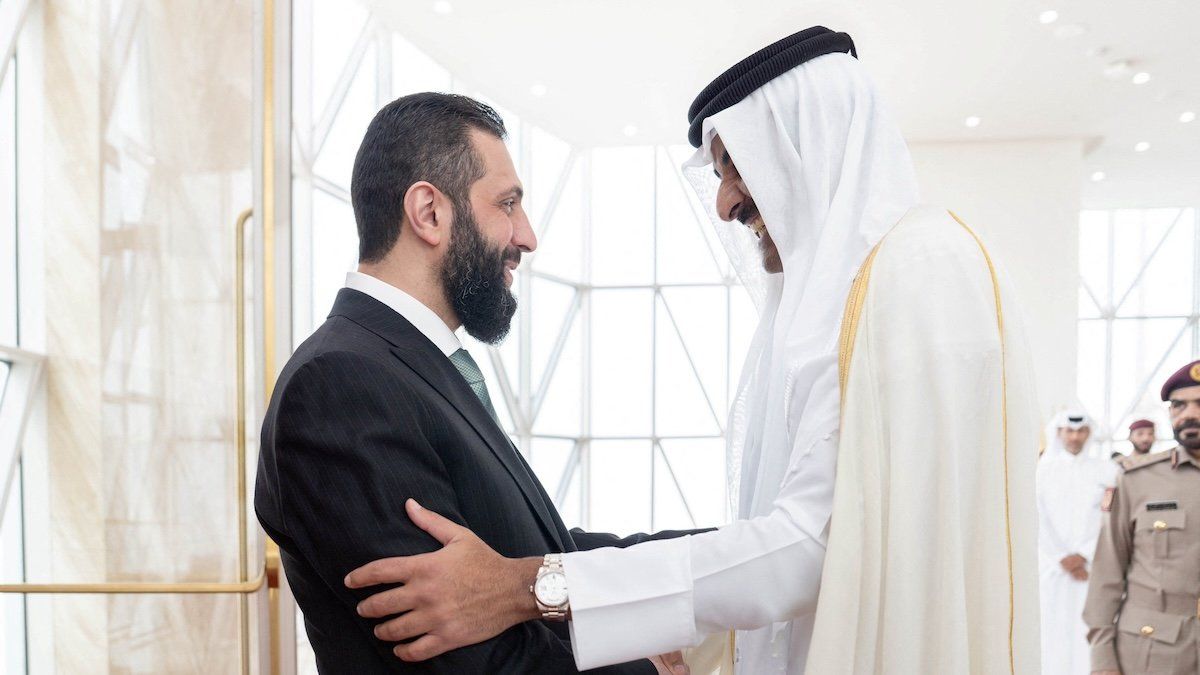In recent days, Syria has taken two more big steps toward recovery.
First, Saudi Arabia and Qatar announced they will jointly pay off Syria’s $15 million of World Bank debt. The act of largesse by the two wealthy Gulf kingdoms unlocks further World Bank financing and technical assistance for Syria, which lies in ruins after nearly 15 years of brutal civil war and mass emigration.
Second, the Syrian Army will allow former Assad regime troops to enlist. The move reflects a tough tradeoff: Old rivalries could create new tensions in the ranks. There have already been violent clashes between Assad supporters and the new government.
But icing out hundreds of thousands of former Assad troops would rob the army of much-needed manpower while also leaving a large group of military-trained men jobless. As recently installed interim Syrian President Ahmad al-Sharaa, a veteran of jihad in Iraq, surely recalls, Washington’s policy of clumsily purging most Saddam-era troops from Iraq’s army in the 2000s planted the seeds for Islamic State, which recruited easily among the pink-slipped soldiers.
The next big hurdle: sanctions relief. The US and EU have eased some measures to facilitate aid, but most of the crippling Assad-era sanctions are still in place. Washington’s conditions for sanctions relief include outlawing Iranian forces, cracking down on Palestinian groups, and giving the US military a free hand in the country. Last week, Damascus arrested two senior Palestinian militants in a move widely seen as a concession to the US. So far, there has been no further movement on sanctions.